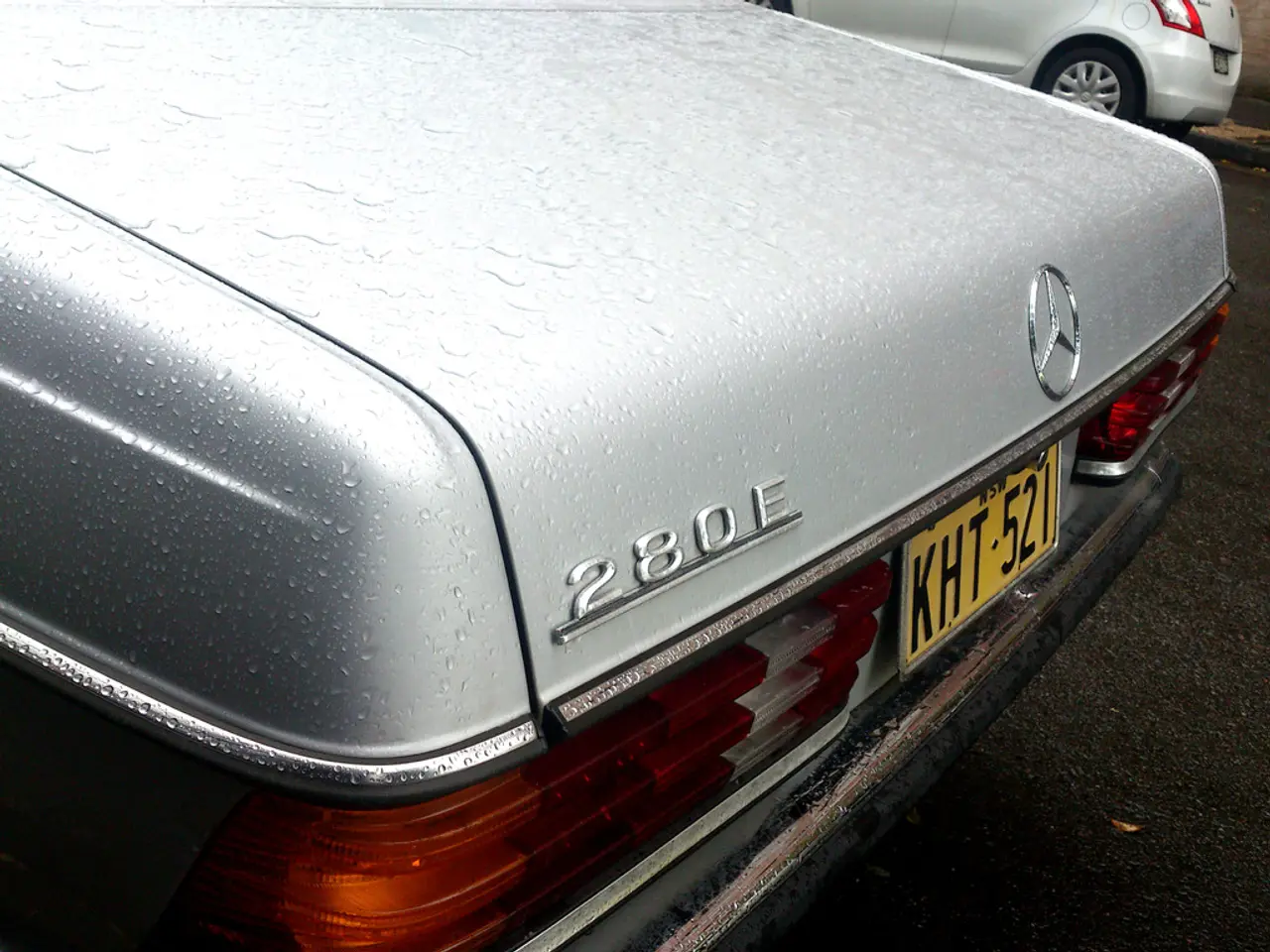EU leadership under fire from Mercedes executive over company policy disagreement
In an open letter to Ursula von der Leyen, the President of the EU Commission, Ola Källenius, the CEO of Mercedes and the President of the European Association of Automakers ACEA, and Matthias Zink, the CEO of Powertrain and Chassis at Schaeffler and the President of the European Association of Suppliers CLEPA, have expressed their concerns about the current EU strategy for the automotive sector.
The leaders argue that the strategy needs to change to align with current market, geopolitical, and economic realities. They are frustrated with the strict CO2 targets for passenger cars and vans for 2030 and 2035, including the regulation that no new vehicles that run on fossil fuels may be sold in the EU after 2035.
The CEOs call for a recalibration of the path to achieve both climate goals and secure Europe's industrial competitiveness. They identify the upcoming Strategic Dialogue on the Future of the Automobile Industry on September 12 as a critical opportunity for a policy change.
The automotive and supplier industry is "frustrated by the lack of a comprehensive and pragmatic political plan for the transformation of the automotive industry." The leaders warn that failure to adjust EU policy could result in the entire transformation failing.
The letter was written in a sharper tone and was co-signed by both CEOs. They express concern about potential stricter regulations on plug-in hybrids and the usage factor for these vehicles. The CEOs state that these targets are "simply not achievable in today's world."
The dependence on Asia in the battery value chain, an unevenly distributed charging infrastructure, high electricity prices and production costs, and the burden of tariffs such as the 15 percent import tariff on EU vehicles in the USA are other concerns cited in the letter.
To address these issues, the presidents of the lobby associations call for more ambitious, long-term, and consistent demand-side incentives, such as lower energy costs for charging, purchase premiums, tax relief, and preferred access to urban areas. They also advocate for simpler, slimmer EU rules to reduce bureaucracy.
The letter also requests a review of the CO2 regulation for heavy trucks and buses "as soon as possible." Promoting multiple drive technologies and technology openness, according to the presidents of the lobby associations, accelerates market acceptance.
The EU supports long-term and consistent consumer incentives, but specific incentive schemes vary by country and are subject to budget constraints and policy designs. For example, purchase incentives exist in several EU countries, tax reliefs are implemented, and some regions offer preferential urban access for electric vehicles.
The CEOs view stricter regulations on plug-in hybrids as counterproductive and potentially beneficial to competitors. They believe that a more balanced approach is necessary to ensure a smooth and successful transition to a sustainable automotive industry. The upcoming Strategic Dialogue on the Future of the Automobile Industry is seen as the EU's "last chance" to adjust its policy.
Read also:
- Peptide YY (PYY): Exploring its Role in Appetite Suppression, Intestinal Health, and Cognitive Links
- Toddler Health: Rotavirus Signs, Origins, and Potential Complications
- Digestive issues and heart discomfort: Root causes and associated health conditions
- House Infernos: Deadly Hazards Surpassing the Flames








